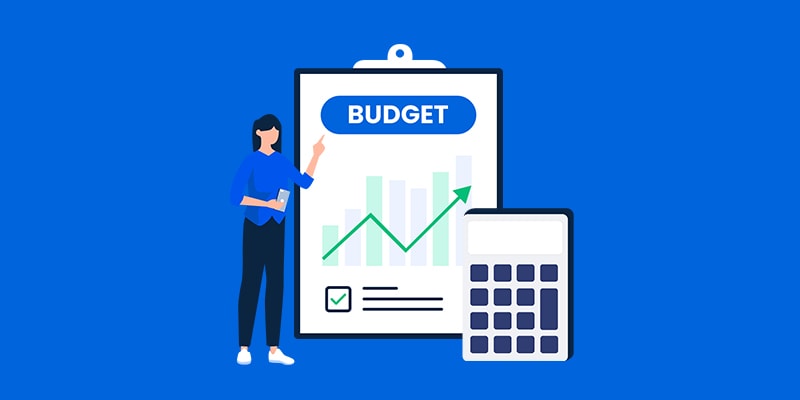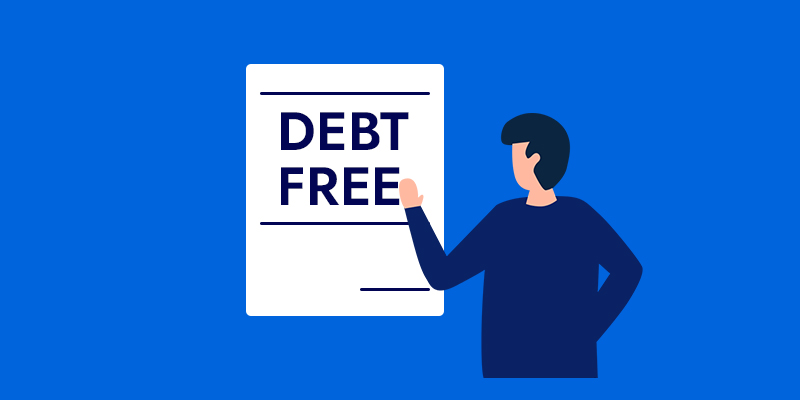Payday Loans Online
The direct lender that directly funds payday loans so you do not have to deal with middlemen or brokers when you apply for a payday loan.

Representative example: Borrow £700 for 6 months. 1st monthly repayment of £168.45, 4 monthly repayments of £224.60, last monthly repayment of £112.20. Total repayment £1,179.05. Interest rate p.a. (fixed) 185.39%. Representative APR 611.74% Our APR includes all applicable fees. Daily interest is capped at 0.798%
Warning: Late repayment can cause you serious money problems. For help, please go to moneyhelper.org.uk. Compare our loans at choosewisely.co.uk.
Apply Online
The application process is 100% online, and you can apply anytime, 24 hours a day, 7 days a week.
FCA Authorised
We are an FCA authorised payday loan direct lender. We process your application from start to finish.
Flexible Repayments
Repay your loan over a 3-6 month period or earlier if you want. You choose when and how often you pay back.
Financial Emergencies Happen
We provide the cash you need when they do.
Our payday loans are short-term, unsecured loans that provide you with quick access to cash when you need it to cover urgent, unexpected financial challenges. You can apply even with a bad credit score.
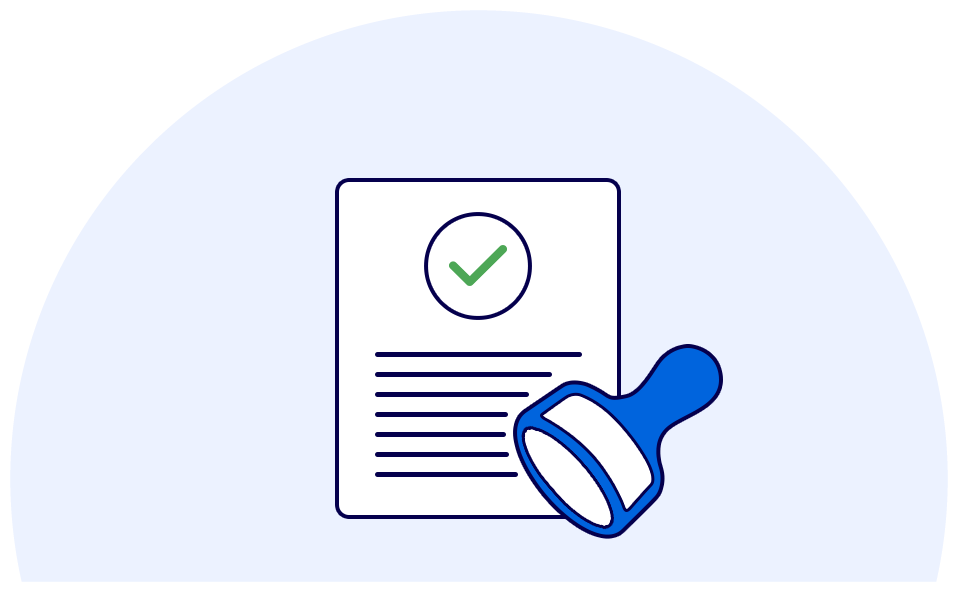
Bad credit considered
We accept applications with all credit scores. If you can afford the repayments easily, your chances of approval are significantly higher.
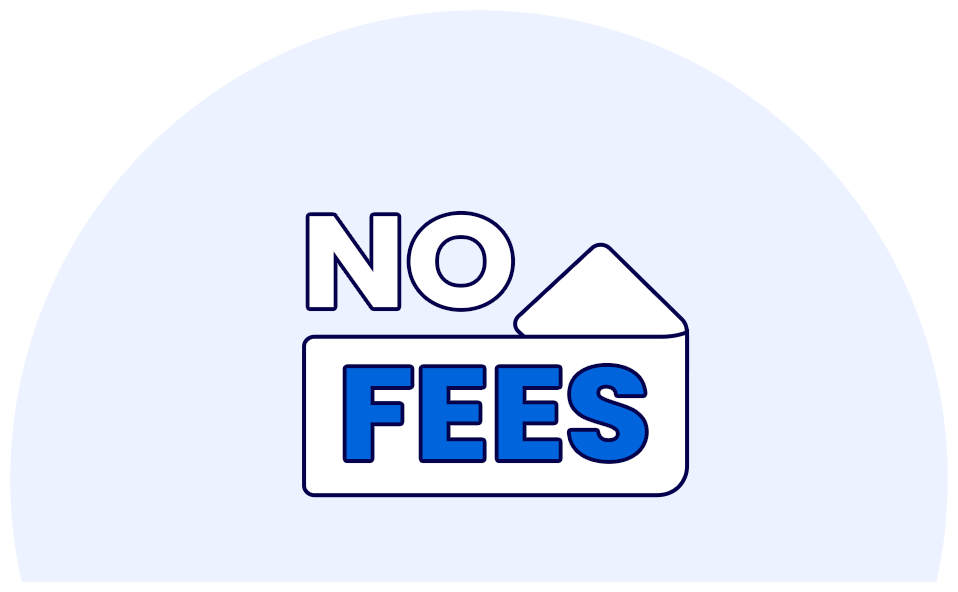
No Hidden Costs
The complete repayment amount, repayment schedule, interest rate, and total interest to be repaid will be easily seen during the application.
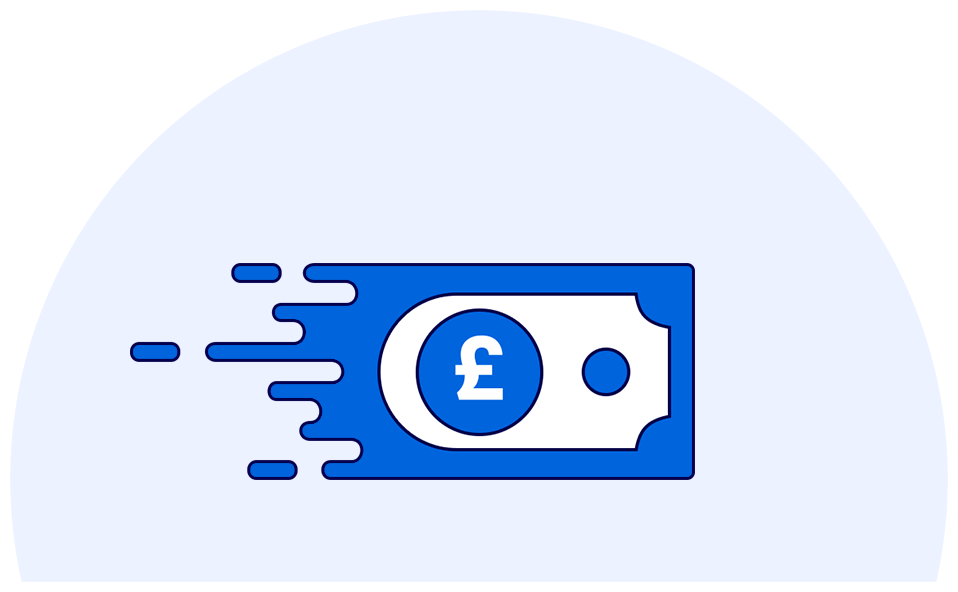
Fast Payouts
Approved loans will be deposited into your bank account in as little as a few minutes and we guarantee same-day funding for all our loans.
How Much Can I Borrow?
You can borrow between £300 and £1,500 at a daily interest rate of 0.507%, which is 185.39% per annum.
You can choose a loan duration of 3 to 6 months to spread out the repayments over time or you can repay your payday loan early to reduce daily interest.
If your loan application is approved, cash will be deposited into your bank account within minutes, with same-day funding guaranteed.
Our Payday Loan Rates and Terms
Loan Amounts:
£300 – £1,500
Daily Interest Rate:
0.507%
Interest Per Annum:
185.39%
Repayment Terms:
3 – 6 months
Funding Time:
Same-Day
APR:
611.74%
Payday Loans Online.
We Have Your Best Interest at Heart


We genuinely want to help you with unexpected financial challenges, without putting you under financial stress. That’s why we offer payday loans with flexible terms of 3 to 6 months to make repayments more manageable instead of requiring the full repayment on your next payday. As a responsible lender we also conduct an affordability check and a creditworthiness check when you apply to ensure the loan is in your best interest.
How to Apply Online Today?
Applying with payday loans online is easy. Just follow these three steps:

1. Complete Our Online Application
Start by filling out our secure online form. The form collects the personal information we need to assess if we can provide you with an online loan based on your current financial circumstances.

2. Get an Instant Online Decision
After submitting your application, our loan underwriting technology carries out an affordability check and a creditworthiness check. This process takes a few seconds, providing you with an instant decision on whether your payday loan application has been approved or not.

3. Receive the Funds
If your application is approved, the loan amount is deposited into your bank account. This process is very quick, often taking only a few minutes, and we guarantee same-day funding to ensure you have the cash you need quickly.
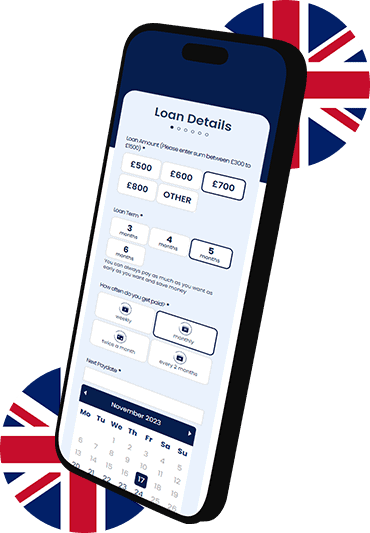
Who Is Eligible to Apply?
To be eligible for all of our short-term loans you must meet the following criteria:
1. Must live in the UK
2. Be at least 18 years old
3. Have a regular salary
4. Own a UK Bank account
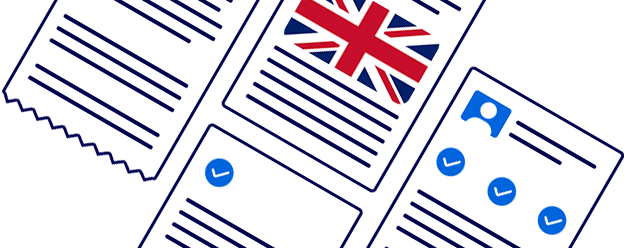
Payday loans are suitable for people with a full-time salary. If your income is mainly from part-time work or social benefits, passing the affordability assessment that confirms you can afford a loan without causing you undue financial distress may be difficult.
Helping Hundreds of New Customers Across the UK Daily
Every day, we approve hundreds of online payday loans for new customers and repeat customers across the UK, loaning them the emergency funds they need to cover different types of unexpected expenses and fix temporary cash-flow problems.
Paying for Tuition Fees

Sarah from London paid for college tuition fees with a £1300 loan.
Paying for Medical Bills

Kristy from Liverpool paid for physiotherapy session costs with a £1000 loan.
Paying for Home Repairs

Stuart from London paid for emergency plumbing repair with a £900 loan.
Paying for Vehicle Repairs

Patricia from Manchester paid for Vehicle Repairs with a £550 loan.
Paying Off Multiple Debts

Peter from Manchester consolidated his debts with a £,1200 loan.
Paying for an Emergency

Emma from Newcastle paid for high electricity bill with a £750 loan.
How Much Will I Repay?
This table provides a clear example of what it will cost if you borrow £700 for six months. It shows your total repayment, how your repayments will be structured, and the interest rate you will be charged.
Interest and fees for our payday loans will never exceed 0.8% per day of the borrowed amount, and you’ll never pay more in fees or interest than 100% of the total loan amount as per FCA regulations.
To learn more about loan costs for various amounts and durations use our payday loan calculator or check out more payday loan cost examples.
| Details | Example |
|---|---|
| Loan Amount | £700 |
| Loan Period | 6 Months |
| Interest Rate P.A. (fixed) | 185.39% |
| 6 Monthly Repayments | £199.85 |
| Total Repayment | £1199.00 |
| Representative APR | 611.74% |
Ready to Apply Online?

Who Is Payday Loans Online?
PaydayLoansOnline.co.uk is a direct lending website that is part of the Western Circle LTD group of websites, a direct payday loan lender operating in the UK since 2016.
Our company registration number is 7581337, and our headquarters are located at Office 8, 2A Highfield Avenue, London, NW11 9ET, United Kingdom.
We have funded over £19 million pounds in online payday loans and helped over 115,000 customers through paydayloansonline.co.uk so to-date.
You can learn more about PaydayLoansOnline on our about us page.
Your Trusted FCA
Authorised Direct Lender
As an FCA-Authorised direct lender regulated by the Financial Conduct Authority (FCA) , we prioritize your financial well-being and aim to provide the best possible service. This means we comply with the strict regulations of the Financial Conduct Authority (FCA) to ensure fair and ethical lending practices.
When you choose us, you have peace of mind knowing you are dealing with a reputable direct lender dedicated to your financial well-being.
FCA Authorisation and
Regulation Details
Since 13/05/2016 we have been fully authorised and regulated by the Financial Conduct Authority (FCA). Our FCA full permission license is 714479.
ICO Registration Details
We are also registered with the Information Commissioner’s Office (ICO), registration number Z3305234.
Ready to Apply Online?
Customised Payday Loan Options
Cash advances for different types of financial emergencies.
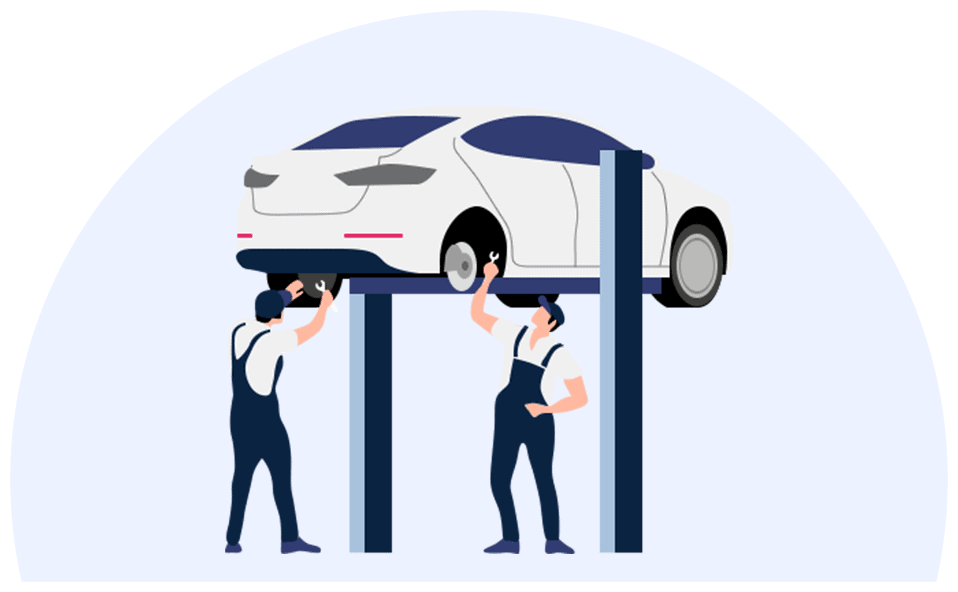
Car Repairs
If your car breaks down or needs urgent repairs, our loans can provide the cash you need quickly to get you back on the road.

Medical Bills
When unexpected medical expenses happen, our loans can help you cover these costs of different types of medical bills and emergencies.
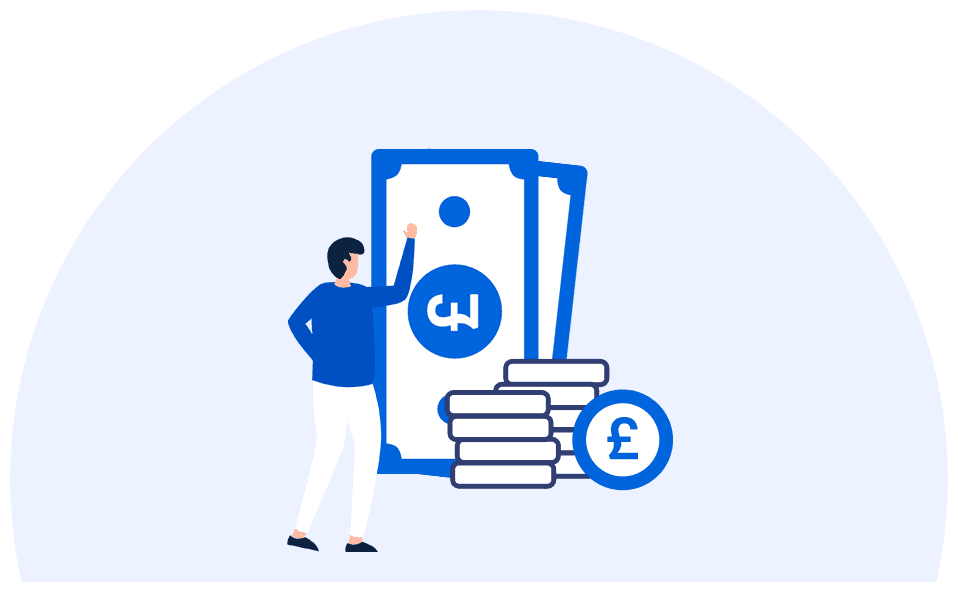
Emergency Cash
For any unforeseen emergency that requires immediate cash, our loans offer a fast way to get the cash you need to handle the situation.

Tuition Fees
Education is crucial, and if you’re short on funds for tuition fees, our loans can assist in bridging that gap, helping you stay on track for graduation.
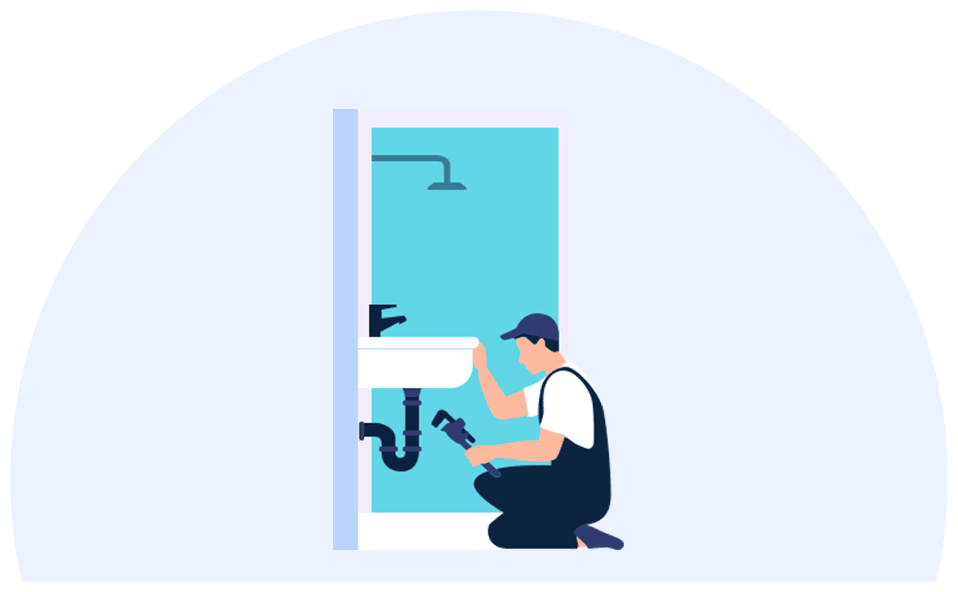
Home Repairs
Homes require upkeep. Our loans can provide funds to address these essential home repairs, helping to keep your living space safe and comfortable.
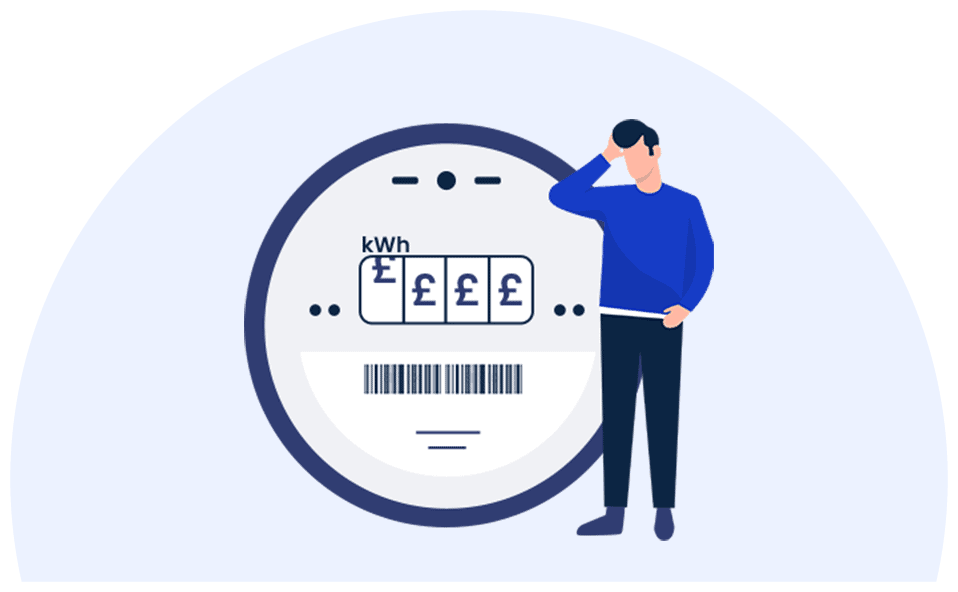
Unexpected Bills
High or unexpected bills, like electricity, heating, or other utilities, can be a burden. Our loans can offer relief by providing the funds to settle these bills without delay.
Why Choose Us?
When you’re in search of a payday loan online, you looking for simplicity, convenience, and a direct lender who truly understands your situation. That’s where we excel.
Effortless Borrowing
We’ve made borrowing money from us really easy. Our online application is quick and simple to fill out. In fact, 92% of our customers surveyed said our online loan application process was really easy to understand and complete.
Customized Emergency Loans
We looked at the most common emergencies our customers use our small loans for and created customized direct lender payday loan products, making it easier to apply for loans for specific types of financial emergencies.
Experienced UK Customer Service
Our UK customer service team is here to assist you every step of the way. If you have questions or face difficulties during your loan term, you can call our friendly customer support team for help during business working hours.


Is a Payday Loan Right for You?
Payday loans are easy to get and provide fast access to funds when you face a financial emergency, but they come with very high interest rates and APRs.
These loans can help address short-term financial needs, but they are not a suitable solution for tackling long-term financial difficulties.
Before you commit to getting a this type of loan, make sure it makes financial sense based on your current personal financial circumstance.
To understand if this type of loan is the right choice for you, consider comparing them to other personal loan products on the market. Read alternatives to payday loans if you wish to learn more about possible alternatives.
Get Help With Budgeting and Managing Debt
If you’re facing difficulty repaying your payday loan, contact our team immediately for assistance. We’ve years of experience helping people in financial distress and are committed to doing everything within our power to help.
Also, consider seeking guidance from UK debt management specialists like MoneyHelper. Money Helper is a government resource that offers debt advice and tools.
For further support, consider contacting charities like Citizens Advice or StepChange. The National Debt Line also provides free consultations to help anyone facing debt or money issues.

Latest News
PaydayLoansOnline.co.uk Expands Its Reach with Acquisition of FamilyMoney.co.uk:
London, 18/12/2023 – In a strategic move to broaden our financial expertise and resources, we have acquired FamilyMoney.co.uk. Learn more about this exciting development in our press release.

Frequently Asked Questions
A payday loan direct lender is a financial provider specializing in offering short-term loans directly from its own resources, without involving intermediaries or third-party lenders.
During the application process, we complete a soft search, also known as a soft credit check on you. This type of credit check leaves no permanent mark on your credit file. If you accept a loan offer, under the rules set by the FCA (Financial Conduct Authority), we are required by law to complete a full credit check before we release the funds. However, you will already have met the minimum credit requirements before this full credit check is completed.
Our lending technology tries to automatically confirm your income, so most of the time, you won’t need to provide pay slips during the application process. However, if we’re unable to confirm your income with our technology, you may be asked to upload your pay slips while applying.
If you’re finding it tough to repay your loan, don’t worry – we’re here to help. Just reach out to us and explain what’s going on. It’s important not to ignore the situation or avoid talking to us. If you don’t let us know and your account falls behind, you’ll keep getting charged daily interest, and this could increase what you owe. Also, not paying on time might affect your credit score, making it harder for you to borrow money in the future. Remember, we’re a responsible direct lender and we always treat our customers fairly. We’ll do our best to work with you and find a way to help, based on your specific situation. You can call us on 020 3757 1933 or email support@paydayloansonline.co.uk now.
You should always check if a UK lender is approved by the Financial Conduct Authority (FCA) before you take out a loan. You can do this by searching Financial service register database at https://register.fca.org.uk/s/
In the UK, payday lenders and brokers are regulated to ensure consumer protection. They cannot charge more than 0.8% per day in interest, and they cannot demand repayment exceeding double the original borrowed amount. For example, if you borrowed £100 and had trouble repaying it, with a 0.8% daily interest rate, it would take approximately 87 days for the total amount owed to reach £200, which is the maximum repayment limit set by the Financial Conduct Authority (FCA) for lenders.
We are a 100% online internet based direct lender in the UK and not a high street lender.
Financial Literacy Resources
Check out our helpful guides to learn how to manage your money better and to get to know the different kinds of loans we offer.
Our Customer Service Team are Ready to Help You
You can apply for our payday loans online twenty four hours per day, seven days per week. Our team is available to assist you from 9 am to 5:30 pm, Monday to Friday if you have any more questions about our payday loans or you need loan support.
You can reach out to us in the following ways during our office hours:

Call us at 020 3757 1933 Between 9 am and 5 pm, Monday to Friday.

Send us an email at
support@paydayloansonline.co.uk between 9 am and 5 pm,
Monday to Friday.
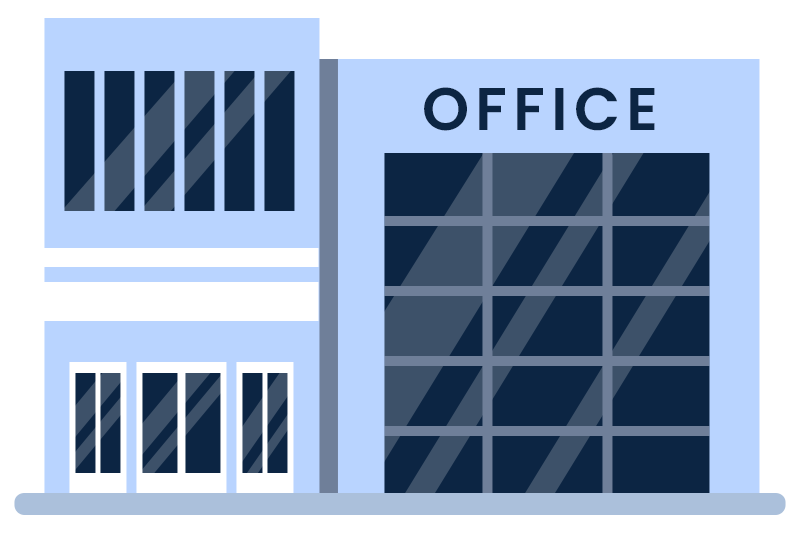
Visit our office at
Office 9, 2a Highfield Avenue, London NW11 9ET
during our office hours.
Ready to Apply Online?
No Hidden Costs or Fees
No Paperwork
Flexible Repayments
Bad Credit Considered
No Obligation to Accept
FCA Authorized Direct Lender

